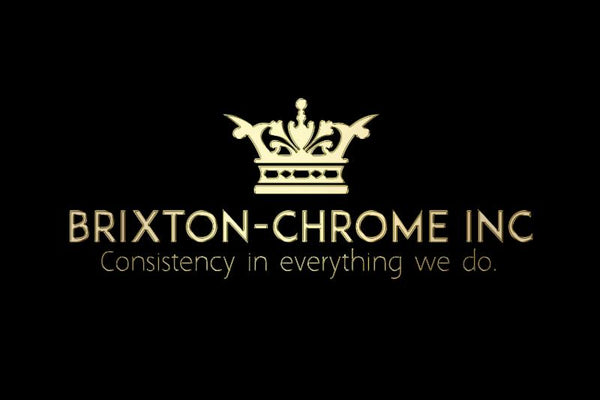Brixton Chrome
Nigeria #291& var 1k Multicoloured Hides & Skins, 1973-1974 Nigerian Life & Industry Definitive Issue - Unwatermarked & Lithographed, 7 Fine & VFNH Singles Various Shiny Gum Arabic & PVA Gum Printings, Different From Lot 442
Nigeria #291& var 1k Multicoloured Hides & Skins, 1973-1974 Nigerian Life & Industry Definitive Issue - Unwatermarked & Lithographed, 7 Fine & VFNH Singles Various Shiny Gum Arabic & PVA Gum Printings, Different From Lot 442
Couldn't load pickup availability
7 fine & VFNH singles of the 1k multicoloured Hides & Skins from the 1973-1974 Nigerian Life & Industry Definitive Issue - Unwatermarked & Lithographed various shiny gum Arabic & PVA gum printings, different from lot 442 . Includes the following: (1) shiny gum Arabic printing on HF/F-fl paper, with deep flesh, brownish orange ground and grey-green foliage. The deep flesh and brownish orange are the top colours. (2) shiny gum Arabic printing on HF/F-fl paper, printed with a deep brownish yellow ground colour, instead of brown orange & a grey green foliage, and much darker brown. Again, the flesh and the brownish yellow are the top colours. (3) shiny gum Arabic printing on MF/MF-fl paper, with same colouring as (2), but the brownish yellow is the top colour. (4) shiny gum Arabic printing on MF/MF-fl paper, with ochre ground and dark forest green foliage. Ochre and flesh are the top colours. (5) PVA gum printing on thicker DF/F paper, bright orange yellow ground & forest green foliage. The bright yellow orange is the top colour. (6) PVA gum printing on DF/F paper, yellow ochre ground & forest green foliage. The forest green is the top colour, followed by the brown. (7) as (5) but on DF/MF paper. All values from 12k up to 1N, except for the 50k were issued as lithographed printings (called delacryl) on the technical data sheet that came with the first day covers issued. The photogravure printings are either experimental printings, or they are subsequent printings made when there shortages of the lithographed printings. For the 50k, the default printing was the one with dark brown background, and 5,000,000 were issued of this. This printing with black background was issued in much lower quantity, with the exact number being unknown.
2017 Scott values the basic single stamps at $1.75, but does not list the paper and gum differences, or the differences in printing and paper fluorescence. Therefore, our estimate of the value taking these factors into account is $8. The lithographed printings of this issue appeared at the same time as the photogravure printings in April 1973. The initial printings were on a thin, chalk surfaced paper, that glows high fluorescent (HF) on front, and flecked fluorescent (F-fl) on the back, and the gum is shiny gum Arabic. Later printings are on a thicker chalk surfaced paper that is non or dull fluorescent on front (NF or DF) and medium fluorescent on back, with PVA gum, which appears quite matte. The NSP&M Co. Ltd. imprints at bottom left on each stamp contain no periods, except on the 35k, and are wider than the imprints found on the photogravure issues. One of the very interesting factors of these printings that makes them very complicated is that the colours were printed separately, and the order in which they were printed differs. Thus, we describe them with reference to what the top colour is. Scott is hopelessly inaccurate on the mint stamps of this issue, which are seldom found in the market. This is why all the values in Scott are in italics. I very highly doubt that any of them are worth just 25c each. In 10 years of daily buing on E-bay and Delcampe I managed to assemble a stock of about 2 dozen sets of the photogravure printings and about as many of the unwatermarked lithographed and even fewer of the watermarked lithographed stamps, plus a few multiples. That's hardly anything at all. Used is no problem at all - most were used up for postage, but mint is another story. The sheets of this issue are 50 stamps and had imperforate selvedge at top and bottom. The side selvedge has a single extension perforation hole beyond the outer vertical perforations, on both left and right margins.
Share


